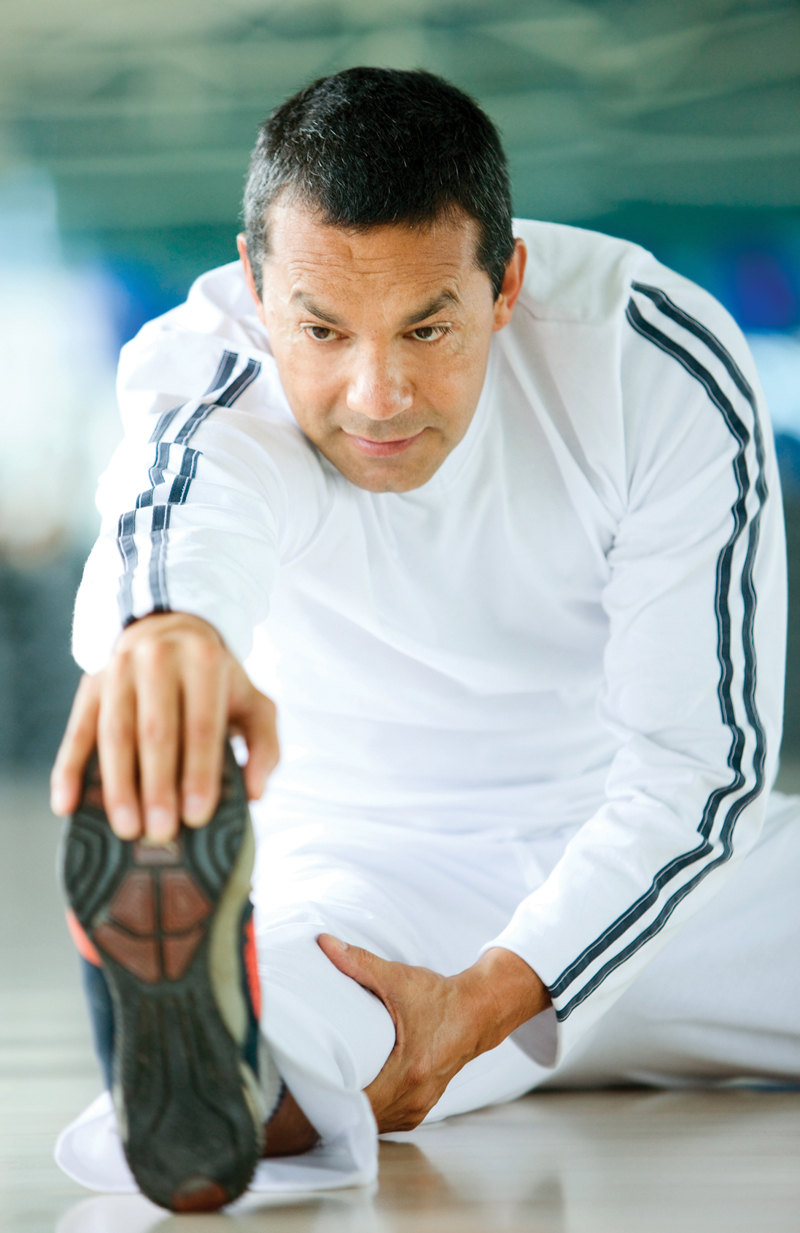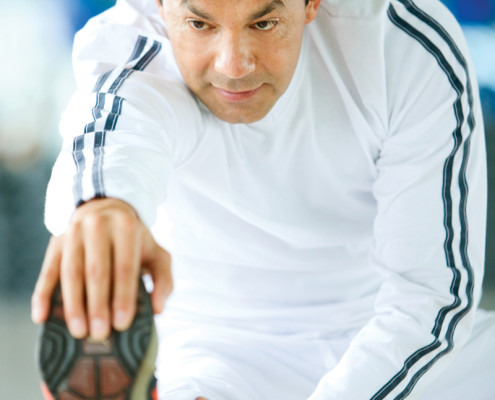Do we really need to stretch before exercising?
ASK THE PHYSIO: When Should I Stretch?
In this month’s newsletter, we are going to cover the issue of whether it is better to stretch before or after exercise. For as long as we can remember, we’ve been told to stretch before any type of physical exercise. From our childhood gym classes to our more current, advanced workouts, stretching is often the thing we neglect the most when exercising. Some people cite a lack of time, but for many it’s the fact that they are just simply not sure when it is the best time to stretch.
Recommendations to stretch or not stretch change from year to year and from expert to expert. Stretching has been promoted for years as an essential part of a fitness program as a way to decrease the risk of injury, prevent soreness and improve performance. While researchers continue to look at the benefits and negatives of stretching, there is still limited evidence to sort out these opinions. For example, in more recent years, research has shown that pre-exercise stretching may actually impair physical performance. So, in light of these conflicting messages, let’s take a look at what the current research says about stretching and its effect on:
Stretching and muscle soreness
Recent research suggests that stretching does not prevent muscle soreness after exercise. Researchers from the University of Sydney conducted a review of 10 previously published studies of stretching either before or after athletic activity. They concluded that stretching before exercise does not prevent post-exercise muscle soreness. They also found little support for the theory that stretching immediately before exercise can prevent either over-use or acute sports injuries.
Stretching and performance
Recent studies suggest that stretching may be detrimental to performance particularly when done before both sprinting and long distance running. A 2010 Florida University study found that trained distance runners who did a series of static stretches before a time trial used about 5% more energy and covered 3% less distance than runners who didn’t stretch.
Stretching and flexibility
Studies do support that range of motion can be increased by a single fifteen to thirty second stretch for each muscle group per day. Research also supports the idea that the optimal duration and frequency for stretching may vary by muscle group. The long-term effects of stretching on range of motion show that after six weeks, those who stretch for 30 seconds per muscle each day increased their range of motion much more than those who stretched 15 seconds per muscle each day. No additional increase was seen in the group that stretched for 60 seconds. Another 6 week study conducted found that one hamstring stretch of 30 seconds each day produced the same results as three stretches of 30seconds.
So if stretches beforehand won’t reduce muscle soreness or improve performance, what should I actually be doing? Stayed tuned as we will cover this in the next issue of “Ask the Physio”.
Revesby Physiotherapy has been established for more than 25 years and provides the local area with a high level of expertise in the assessment and treatment of musculoskeletal injuries. Health Mates members receive a discount on treatment phone them today on 9772 2586 and organise your free initial assessment.










